Sputum is mucus that protects the lungs and lower respiratory tract. It acts as a filter to remove unwanted substances and bacteria that enter the body through respiration and provides humidification of these areas. The distinctive natural color of sputum is clear and clear. Sputum produced by the lungs is expelled by coughing. Sputum is not normally dangerous. However, if it is secreted at high rates, it can block the respiratory tract. Usually seen in babies, phlegm can affect people of all ages.
WHY DOES PHONE CAUSE?
When the lungs are damaged, they produce an excessive amount of phlegm. Sputum formation is common in newborn babies. Since the respiratory tract and lungs of babies are not fully developed, they are easily irritated by exposure to dust, foreign matter and microbes. Accumulating microbes cause nasal congestion, mucus accumulation in the nasal passages and irritation of the respiratory tract, resulting in a cough with phlegm in infants.
HOW IS Sputum Dumped?
APPLE VINEGAR
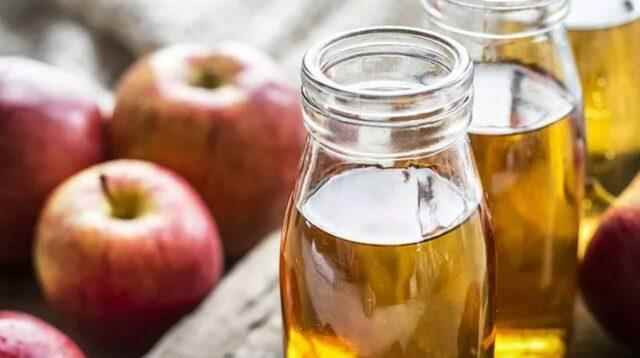
Apple cider vinegar is often used as a decongestant. With its antibacterial properties, it fights against bacteria that cause phlegm. You can dilute apple cider vinegar with water and use it as a mouthwash, add it to salads and meals and consume it with pleasure.
SALTWATER
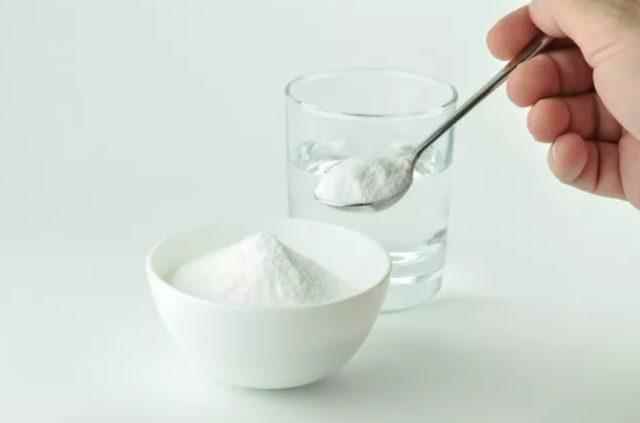
Salt water gargle, which is frequently used in the treatment of diseases such as colds, sore throat and flu, fights infections that cause phlegm. For salt water gargle, add 1 teaspoon of salt to 1 glass of medium temperature water. Stir until the salt dissolves. Gargle 3 times a day with the mixture you prepared.
You can do.
MINT OIL
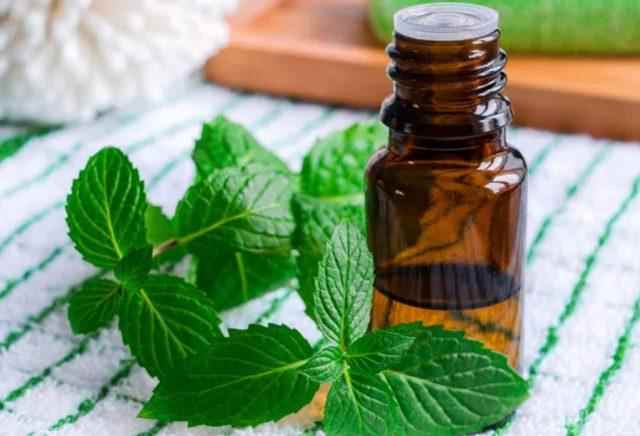
Peppermint oil is known to be good for respiratory tract congestion such as throat and nose. The menthol in peppermint oil helps relax the lung muscles and break up the phlegm formation. To take advantage of the expectorant effect of peppermint oil, boil 1 bowl of water. Add 3-4 drops of peppermint oil in it. Cover your head with a towel and breathe in the steam. Thus, you can see that the blockages are reduced in a short time. Apart from that, you can apply a few drops of eucalyptus oil to the chest area to reduce congestion.
GARLIC
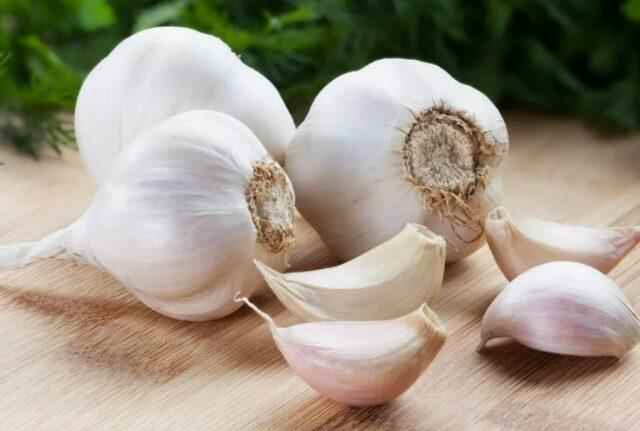
Known as a natural expectorant, garlic has antimicrobial properties. Thanks to this feature, it not only removes phlegm, but also helps to reduce it.
You can add garlic to your meals by grating or crushing it.
GINGER
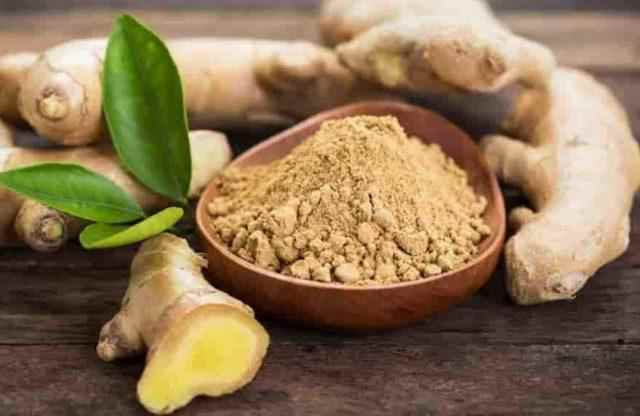
Ginger fights infections with its antibacterial properties. Regular use of ginger will relieve congestion by relaxing the lung muscles. You can add ginger to your meals, prepare ginger juice or use it to make ginger tea.
HONEY
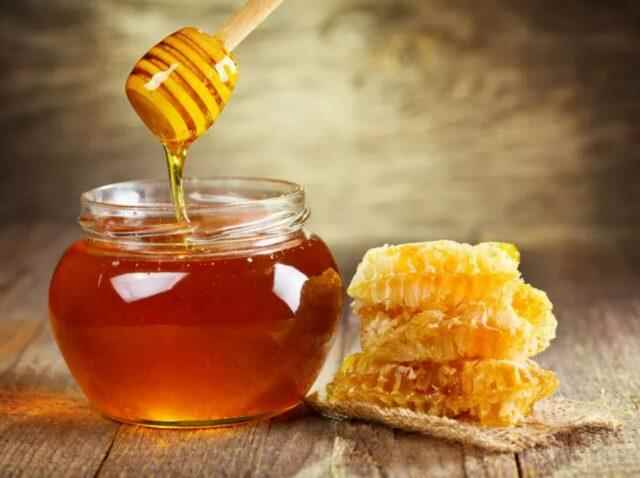
Honey, which prevents excessive sputum formation, is also used in the treatment of upper respiratory tract diseases, especially in children. To take advantage of the expectorant properties of honey, you can consume 1 tablespoon of honey by squeezing lemon juice in the evening. Especially chestnut honey is very effective in the treatment of respiratory diseases.
LEMON JUICE
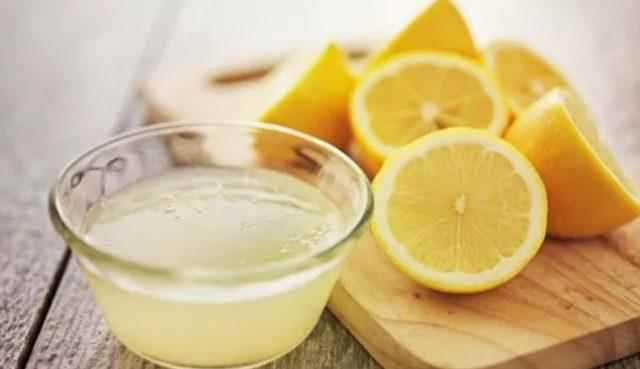
Lemon juice, which is rich in vitamin C, has expectorant properties. Lemon juice fights phlegm-causing bacteria. As we mentioned above, you can consume lemon juice by squeezing 1 tablespoon of honey on it. You can also consume 1 teaspoon of lemon juice plain or add it to salads.
HERBAL TEA
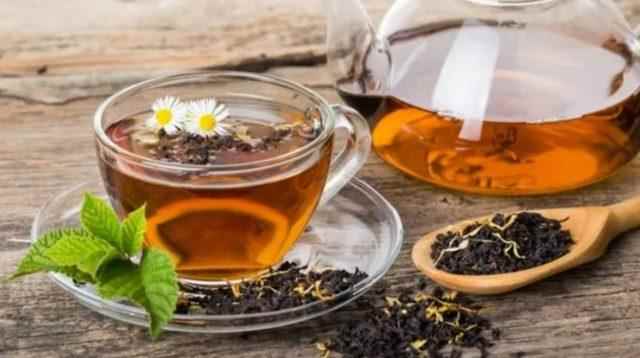
Hot water helps to soften the throat and expel phlegm. Herbal teas both reduce throat irritation and give an expectorant effect. Thyme tea, chamomile tea and mint tea are among the tea varieties with the highest expectorant effect.
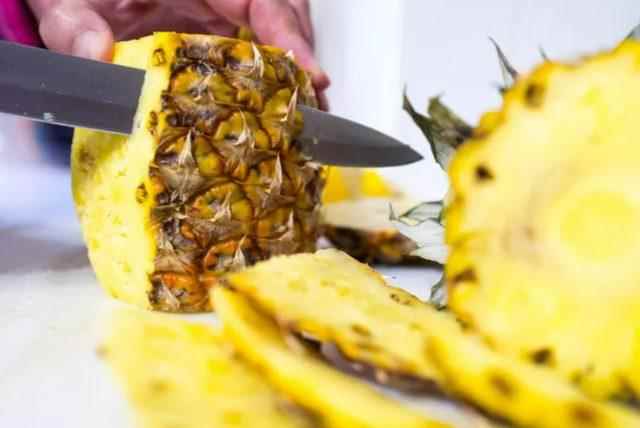
Rich in vitamin C, pineapple relieves cold and cough symptoms. It reduces the congestion caused by phlegm. It is also known to reduce inflammation that causes unwanted mucus production. You can consume pineapple plain or use it to make pineapple juice.
